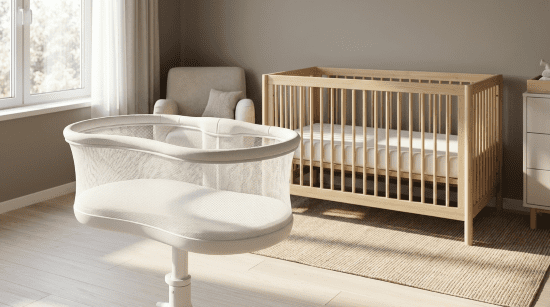Motherhood, One Nap at a Time
Welcome to your digital village, where I share honest encouragement, researched baby tips, and the simple things that make the newborn days feel a little less overwhelming. Grab a cup of coffee (reheated is fine) and settle in—you’re doing a great job, mama.
Fresh Reads !
The latest tips, honest reviews, and parenting insights hot off the press. Dive into our newest articles covering everything from essential baby gear comparisons to practical advice for navigating the first years of parenthood.
Check Them Out!The Lifestyle Starter Bundle
Get my free Lifestyle Starter Bundle and jump into a curated mix of easy routines, home tips, wellness ideas, and gentle inspiration.
Grab the guide now!What’s trending
 Tech
Tech
Best Baby Monitors of 2026: Tested for Safety, Sleep, and Sanity
The “phantom cry” is a rite of passage for every new parent, but the right tech can finally silence the noise. In this exhaustive 2026 guide, Emily McMelon goes beyond the marketing fluff to rank the best baby monitors on the market. Whether you need a high-tech infant o2 monitor like the Owlet, a long-range non-wifi baby monitor for a large home, or the clinical precision of a wearable baby temperature monitor, we’ve put the leading brands through the “Sleep Deprivation Test.” We cover the critical 3-foot safety rule, EMF radiation data, and how to prevent hacking so you can stop staring at the screen and start catching some Z’s. Discover which baby monitor camera actually lives up to the hype and fits your unique parenting style.
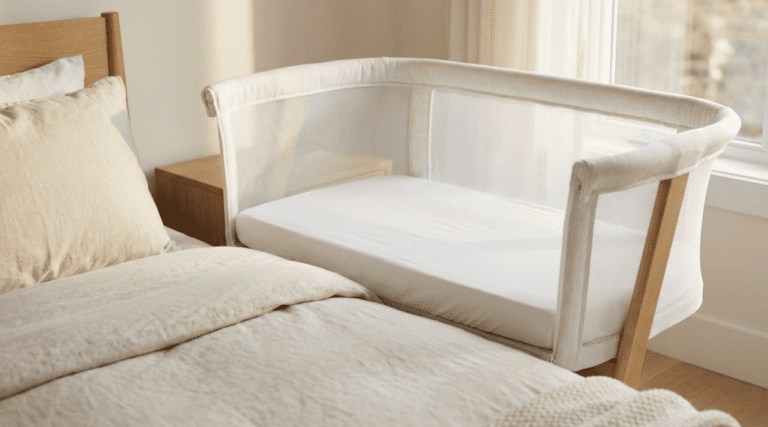 Bassinet
Bassinet
Bassinet Buying Guide (2026): The Safest Options for Newborn Sleep
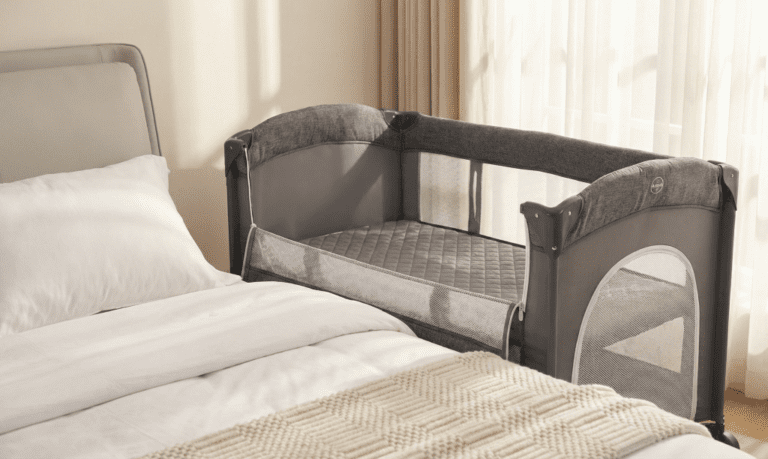 Bassinet
Bassinet
Adovel Bedside Bassinet Review: Best Budget Sleeper in 2026?
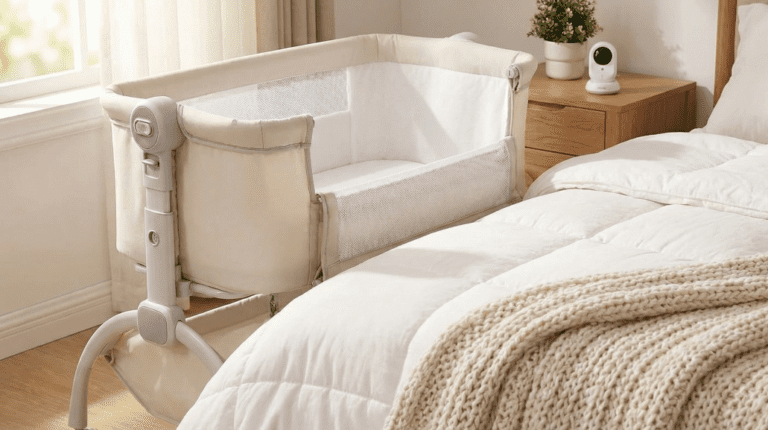 Bassinet
Bassinet
BABYJOY Rocking Bassinet Review: Best Budget Travel Sleeper in 2026?
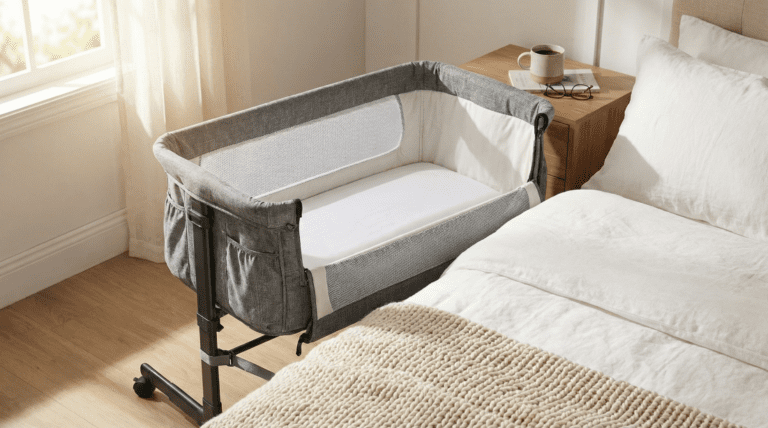 Bassinet
Bassinet









